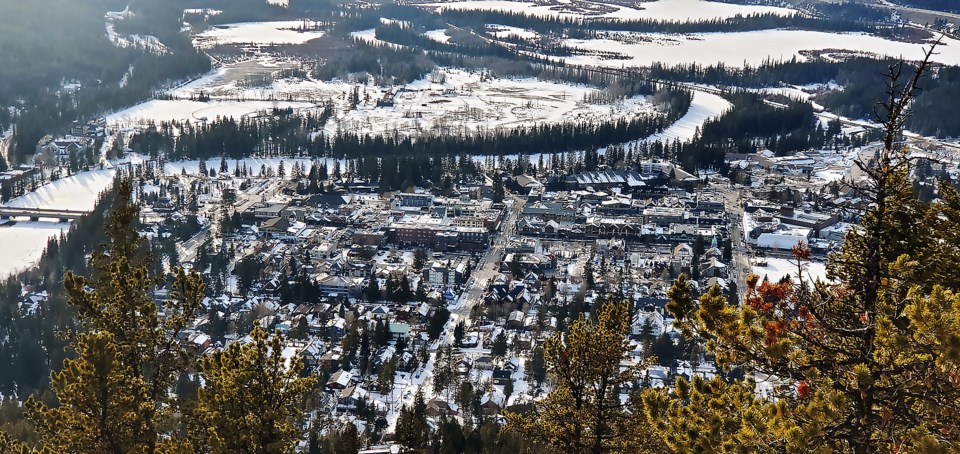In the mid-1990s, the U.S. military started talking about their strategy of rapid dominance, more popularly called “Shock and Awe”. It’s based on the use of overwhelming power and spectacular displays of force to make the enemy feel helpless. According to military writers Harlan K. Ullman and James P. Wade, these displays “… so overload an adversary’s perceptions and understanding of events that the enemy would be incapable of resistance at the tactical and strategic levels”.
In 2024, we’re living through our own little version of Shock and Awe, right here in Banff.
As residents of Banff, we are often asked to give our opinions or our input on plans and proposals. The Town of Banff and Parks Canada reach out to us in various ways: online surveys, focus groups, workshops, public meetings, and formal public hearings. I’m sure we all feel glad to have these opportunities. It’s a privilege to be asked and our duty as citizens to try to respond.
Public engagement has many advantages. Public input can give decision-makers insights that make for better decisions. Public involvement increases everyone’s understanding of decisions. Supportive public input can let decision-makers know they are on the right track.
However, all those advantages assume an interested citizen can absorb the information presented, think about it, and formulate a response. That’s true when projects and legislative changes come at us one or two at a time. A barrage of them can leave us breathless and – unfortunately – hard-pressed to respond.
Let’s take just a few examples from our current situation within the Town of Banff. In 2024, we have already been asked our opinion on the Railway Lands area redevelopment plan, the Heritage Resource Action Plan and the express lane on Mountain Avenue.
Coming up next: more engagement on the Banff Community Plan, input to Parks Canada on their 200-block redevelopment, rezoning and densification of large swathes of the town, removal of parking requirements from residential developments, and a potential plebiscite on the annual pedestrian zone. Ironically, we’re currently being asked for our input on a public input policy.
Each of those items has big implications.
All of those items have the potential to interact with each other, or even conflict with each other. To quote the Bow Valley Naturalists, “… the Banff townsite area, and its community, are overwhelmed with too many other inter-related projects occurring at the same time with no understanding of how these projects interact”.
You’re an average citizen with questions or concerns about some of these plans, projects or policies? Chances are you’re so overloaded that it seems almost impossible to state those concerns in the right venues at the right times. Shock and awe!
And it’s not just the average citizen who’s affected. Over the past six months, the agenda packages for Banff’s regular council meetings have averaged 263 pages. During the same six months 10 years ago, they averaged 140 pages. These are not easy-reading pages, either. Imagine taking a course where the professor hands you a 263-page textbook and says, “Final exam on Monday”.
Citizens, and even council members, have limits on their capacity for absorbing information, reflecting on it and making decisions. These decisions will affect our community for decades to come.
Perhaps we need less shock and awe, and more time for thoughtful deliberation.
Leslie Taylor was Banff’s first mayor and served for two terms, and as a Banff town councillor for two terms.




